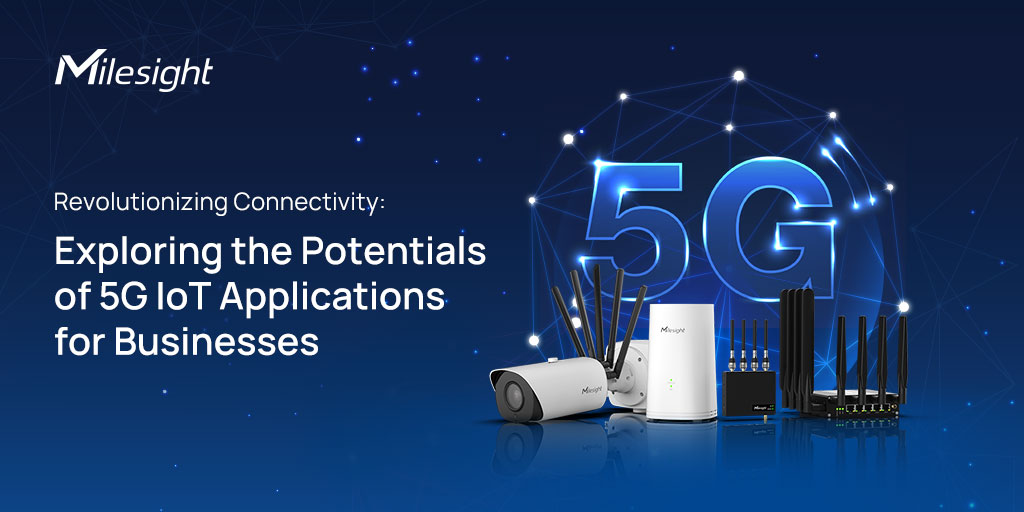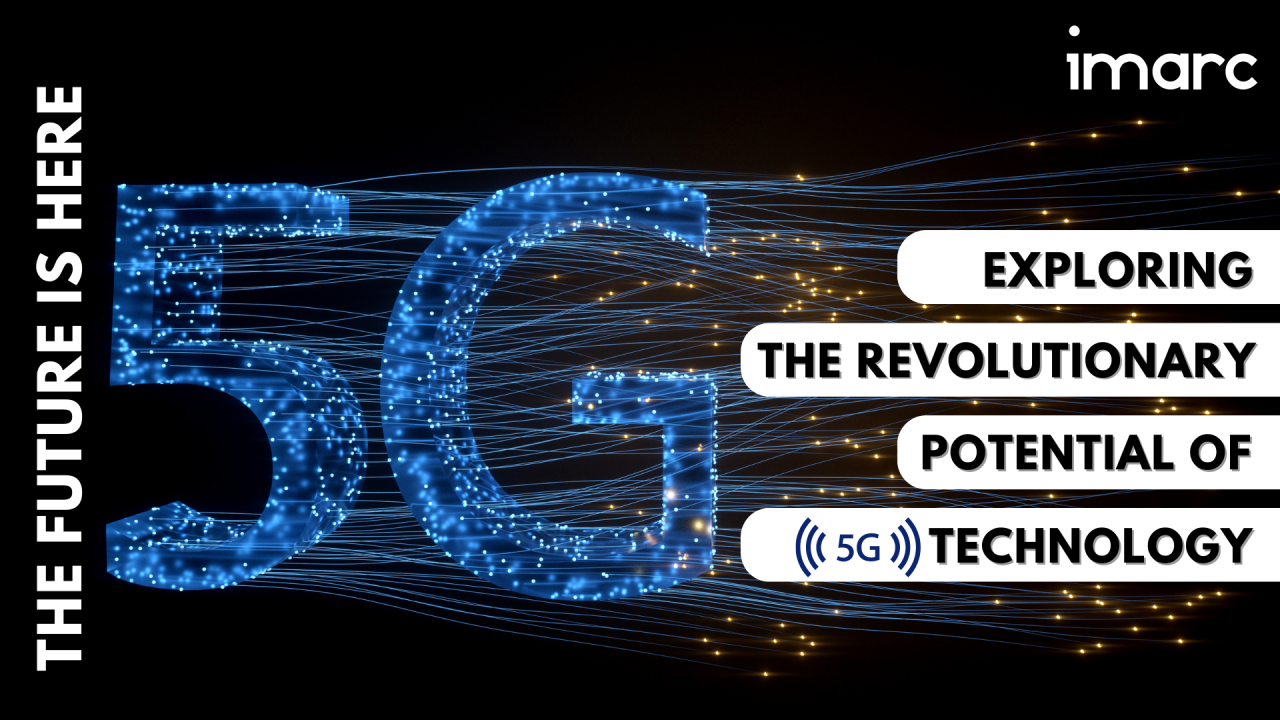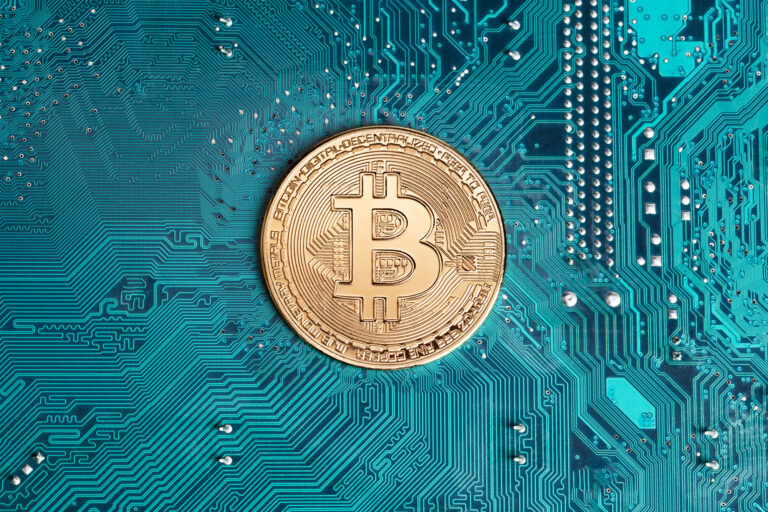Exploring the Potential of 5G Technology
5G technology promises faster speeds, lower latency, and enhanced connectivity. It has the potential to revolutionize various industries.
5G technology is the next generation of wireless communication. It offers unprecedented data transfer speeds and improved network reliability. This advancement can transform sectors like healthcare, transportation, and entertainment. Smart cities will benefit from enhanced connectivity, enabling better infrastructure management.
Autonomous vehicles will communicate seamlessly, improving safety and efficiency. Remote medical procedures and real-time data sharing will become possible, elevating healthcare standards. Businesses will experience faster transactions and improved customer interactions. 5G will also support the growing Internet of Things (IoT) ecosystem, connecting more devices than ever before. As 5G technology becomes widely available, it will drive innovation and economic growth on a global scale.

Credit: www.linkedin.com
Key Features
5G technology is revolutionizing how we connect and communicate. It offers many advanced features that enhance our digital experiences. This section explores the key features of 5G technology, focusing on speed, connectivity, and low latency benefits.
Speed And Connectivity
5G technology provides unmatched speed and connectivity. It enables faster data transfer rates compared to previous generations. Here are some key points:
- Download speeds can reach up to 10 Gbps.
- Upload speeds are significantly improved.
- Enhanced connectivity supports more devices simultaneously.
This means you can download a high-definition movie in seconds. Streaming 4K videos without buffering becomes a reality. Also, the improved connectivity ensures stable connections for multiple devices. This is crucial for smart homes and IoT devices.
Low Latency Benefits
Low latency is another vital feature of 5G technology. It offers faster response times, which is essential for many applications. Here are some benefits:
- Real-time gaming becomes seamless and immersive.
- Remote surgeries are possible with near-instant feedback.
- Autonomous vehicles can communicate efficiently, ensuring safety.
5G’s low latency reduces the delay between sending and receiving data. This is especially important for critical applications. For instance, in gaming, low latency means no lag, providing a smoother experience. In healthcare, it enables precise remote operations, enhancing patient outcomes.
Overall, the key features of 5G technology are transforming our digital landscape. They provide faster speeds, better connectivity, and lower latency, opening up new possibilities for innovation and efficiency.

Credit: www.youtube.com
Impact On Industries
The introduction of 5G technology promises to revolutionize various industries. Its high speed and low latency can transform how businesses operate. Explore how 5G impacts healthcare and education sectors.
Healthcare Innovations
5G technology can bring significant changes to the healthcare industry. Imagine doctors performing remote surgeries with precision. They can do it because of the low latency of 5G. This means real-time control without delays.
Patients can benefit from faster diagnostics. Wearable devices can monitor health in real-time. Data from these devices can be sent to doctors instantly. This can lead to quicker treatments and better outcomes.
Telemedicine can become more efficient. Doctors can consult patients from remote areas. Video calls will be clear, without any lag. This makes healthcare accessible to more people.
| Benefit | Description |
|---|---|
| Remote Surgeries | Perform surgeries with high precision and no delays. |
| Real-time Monitoring | Wearable devices send instant health data to doctors. |
| Efficient Telemedicine | Clear video calls for remote consultations. |
Advancements In Education
Education can evolve rapidly with 5G technology. Students can experience virtual classrooms. They can attend classes from anywhere with an internet connection. The video quality will be high, with no buffering.
Teachers can use augmented reality to make lessons interactive. This can make learning more engaging for students. Imagine a history lesson where students can explore ancient civilizations in 3D.
5G can also support the use of artificial intelligence in education. AI can provide personalized learning experiences. It can help identify areas where students need more help.
- Virtual Classrooms: Attend classes from anywhere with no buffering.
- Interactive Lessons: Use augmented reality for engaging lessons.
- Personalized Learning: AI provides tailored education experiences.
5g In Smart Cities
Smart cities are the future of urban living. They use technology to improve the lives of their residents. The introduction of 5G technology is a game-changer. It offers faster internet speeds and low latency. This can transform many aspects of city life.
Enhanced Infrastructure
5G can enhance city infrastructure. It allows for real-time data collection and analysis. This helps in managing resources efficiently. For example, smart traffic lights can reduce congestion. They can adapt to real-time traffic conditions.
Another benefit is smart lighting. Streetlights can adjust their brightness based on the time of day. This saves energy and reduces costs. Smart waste management is also possible. Sensors in bins can alert when they are full. This ensures timely collection and cleaner streets.
Improved Public Services
Public services can improve with 5G. Emergency response times can be faster. Real-time data can help dispatch teams more effectively. Public transportation can also benefit. Buses and trains can run more efficiently with real-time updates.
5G can also enhance healthcare services. Remote monitoring of patients becomes easier. Doctors can get real-time updates on patient health. This can save lives in critical situations. Education services can also improve. Online learning can be more interactive and engaging.
| Service | Benefit |
|---|---|
| Smart Traffic Lights | Reduce congestion |
| Smart Lighting | Save energy |
| Smart Waste Management | Cleaner streets |
| Emergency Response | Faster dispatch |
| Public Transportation | More efficient |
| Healthcare | Remote monitoring |
| Education | Interactive learning |

Credit: www.milesight.com
Challenges And Concerns
Exploring the potential of 5G technology is exciting. Yet, several challenges and concerns must be addressed. These challenges impact the widespread adoption and implementation of 5G networks. Let’s delve into the key challenges and concerns.
Security Issues
Security issues are a major concern with 5G technology. With faster speeds and more devices connected, the risk of cyber-attacks increases. Hackers can exploit vulnerabilities in the network. This poses a threat to personal and corporate data.
5G networks use software-based systems more than previous generations. This makes them more vulnerable to attacks. Ensuring the security of 5G networks is crucial. It involves implementing strong encryption and constant monitoring.
| Security Measure | Description |
|---|---|
| Encryption | Protects data from unauthorized access |
| Monitoring | Detects and responds to threats in real-time |
| Authentication | Ensures only authorized users access the network |
Health Implications
The health implications of 5G technology are another concern. Some people worry about the effects of increased radiation. 5G uses higher frequency waves, which some fear might impact health.
Studies on the health effects of 5G are ongoing. So far, there is no conclusive evidence that 5G is harmful. Yet, it is important to continue research to ensure public safety.
- Continuous research on health effects
- Monitoring radiation levels
- Educating the public on safety measures
Global Adoption
The world is excited about the potential of 5G technology. Many countries are racing to adopt this next-generation network. Let’s explore how different regions are embracing 5G.
Leading Countries
Several nations are ahead in the 5G adoption race. Here are the top performers:
- United States: The US has rolled out 5G in many cities.
- China: China has the most extensive 5G network globally.
- South Korea: South Korea boasts high 5G penetration rates.
- Germany: Germany is actively expanding its 5G infrastructure.
- United Kingdom: The UK has widespread 5G coverage.
Deployment Strategies
Countries use different strategies to deploy 5G. Here are some common methods:
- Standalone 5G Networks: Built from scratch, offering the best performance.
- Non-Standalone 5G Networks: Uses existing 4G infrastructure for faster rollout.
- Private 5G Networks: Tailored for businesses and industries.
Let’s see how some leading countries are deploying 5G:
| Country | Deployment Strategy |
|---|---|
| United States | Non-Standalone and Standalone networks |
| China | Standalone networks |
| South Korea | Non-Standalone networks |
| Germany | Private and Non-Standalone networks |
| United Kingdom | Non-Standalone networks |
Future Possibilities
5G technology is transforming our world. It offers faster speeds and low latency. The future is full of exciting possibilities. Let’s dive into two key areas: IoT integration and autonomous vehicles.
Iot Integration
5G technology enhances the Internet of Things (IoT). It connects more devices with high speed. Imagine smart homes with connected devices. Your fridge can order food when it’s empty. Smartwatches can monitor your health in real-time.
Industries will benefit too. Factories can have smart machines. These machines can talk to each other. They can work more efficiently. Agriculture can use smart sensors. These sensors can monitor soil and crop conditions. This means better yields.
| Sector | IoT Benefit |
|---|---|
| Home | Smart appliances and security systems |
| Health | Real-time health monitoring |
| Industry | Efficient smart machines |
| Agriculture | Smart sensors for better yields |
Autonomous Vehicles
5G technology is key for autonomous vehicles. These vehicles need fast and reliable data. 5G provides the necessary speed. It helps cars make quick decisions. This ensures safe and efficient driving.
Public transport will improve too. Buses and trains can run autonomously. This reduces human error. It makes travel safer and more reliable. Delivery services can use drones and robots. They can deliver packages quickly and safely.
- Fast data for quick decisions
- Improved public transport
- Efficient delivery services
Conclusion
5G technology holds immense promise for the future. Its potential spans faster internet speeds and improved connectivity. As 5G continues to roll out, it will revolutionize industries and daily life. Embrace 5G to stay ahead in the digital age. The future with 5G is exciting and full of possibilities.





